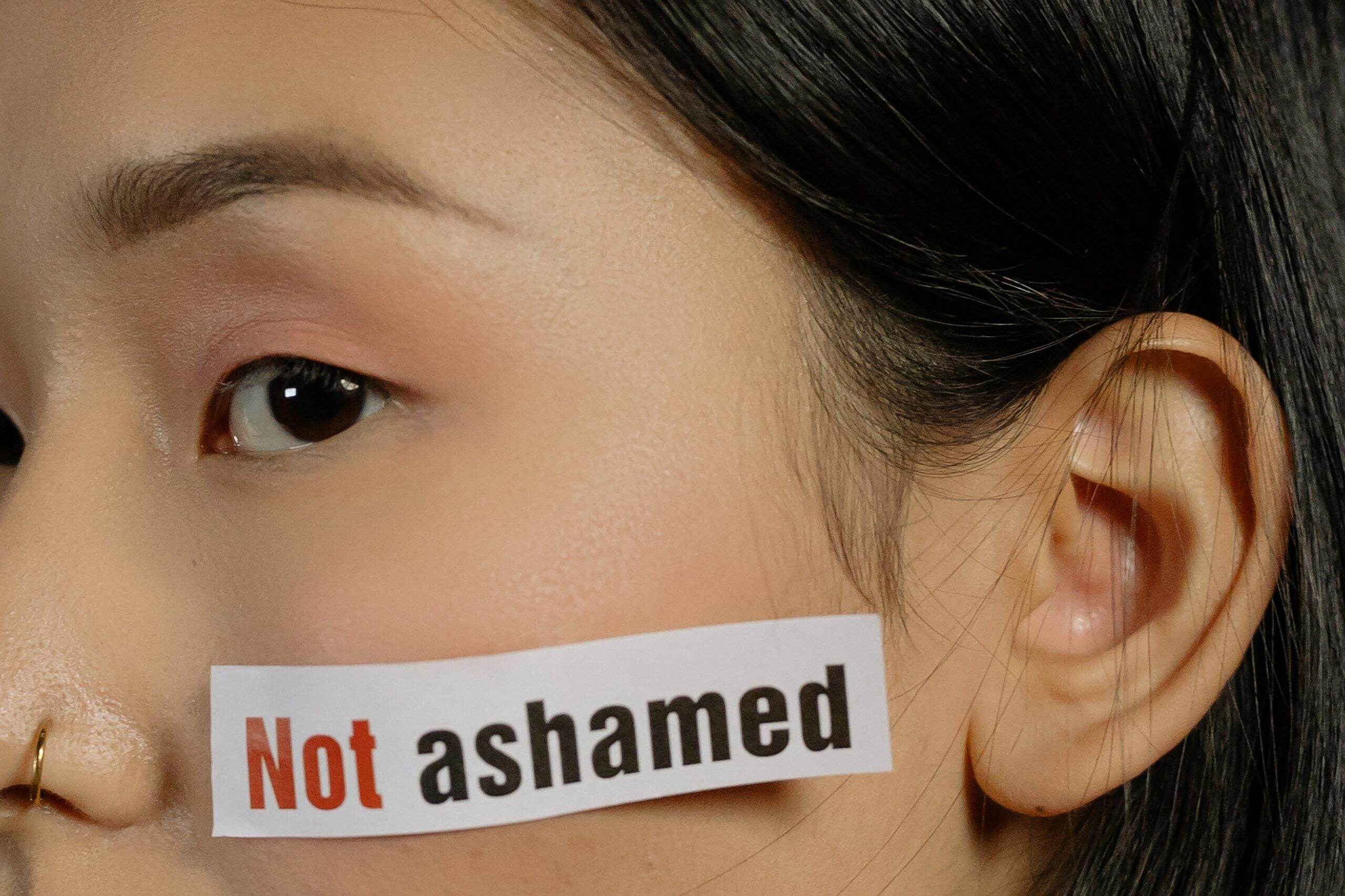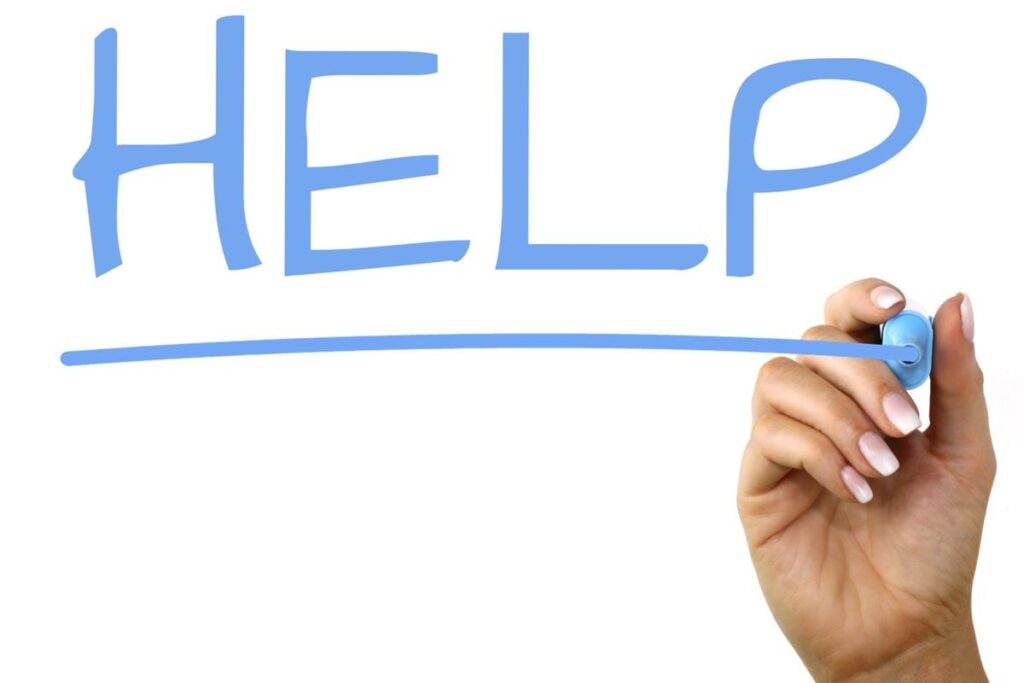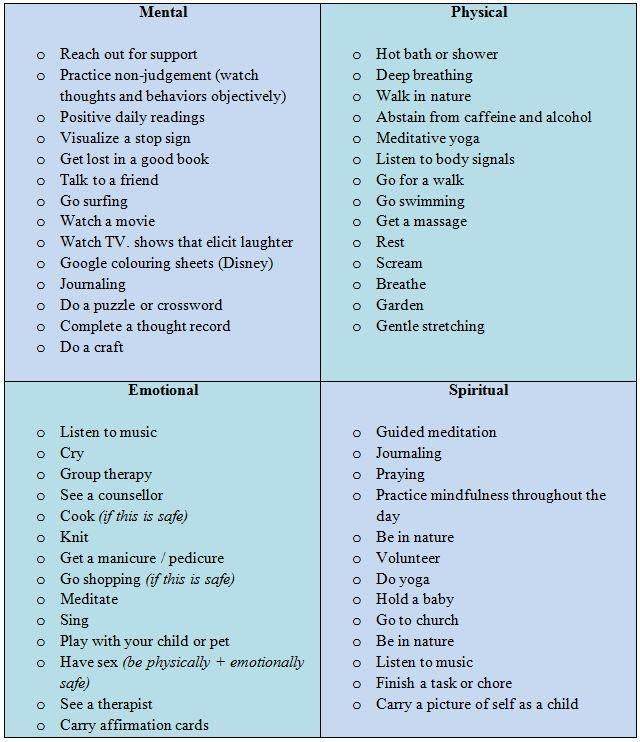
Shame is a negative self-evaluation with roots in messages you receive from others. It typically comes up when you evaluate or criticize yourself harshly, often for things you do not have much control over. For example, a shameful self-talk could be
- “I am bad”,
- “It is my fault”, or
- “I am worthless”
Shame could be closely related to illness such as COVID. After getting infected, people may perceive themselves as defective and powerless, triggering self-criticism toward the entire self with shameful thoughts of inferiority and weakness. Certain community such as Asians and Pacific Islanders (AAPI) seem to feel more shame than others when facing COVID. Different reasons may explain the shame issue associated with COVID in the AAPI community.
Asian Shame and Stigma with COVID
1. Social stigma and discrimination
The way that an illness is viewed by society affects how a person with that illness feels and behaves. HIV is an example of having shame and stigma associated with people who are infected as “threats”. In terms of COVID, it is viewed as something dangerous, shameful or contagious to others because of “your fault,” then it is not uncommon for people to have feelings of self-stigmatization and shame.
2. Asian culture beliefs
Cultural factors may be another reason that the Asian community feel more shame. Shame often has a cultural component. How a person experiences shame and which experiences are likely to induce shame could be different in different cultures. In collectivist cultures in the Asian community, a person may experience shame due to someone else’s actions, that is, they feel they are responsible for other people of their similar background or decedents. The “losing face” concept is simply the fear of abandonment by the community if ever anything shameful happened to them. Even if getting COVID is out of their control, it may still be considered something inferior as it could infect and burden others, hence bring disharmony to the family and community.
3. Public shaming on social media
Public shaming and blaming may have further amplified shame in the Asian community. Social media has spread misinformation, and stigma associated with COVID. Media outlet has become one of the main factors contributing to discrimination and xenophobia. Tens of thousands of misleading headlines and posts with hashtag such as #Chinese virus, #WuhanVirus #KungFlu have been found on Instagram, Twitter, FaceBook and other social media. Such posts have flamed anti-Asian sentiment and acts of anti-Asian attack, violence, and Asian hate crimes. Such social rejection and blaming could easily induce shameful feelings in the Asian community.
Negative Effects of Shame on Mental Health.
Unresolved shame can have catastrophic effects on mental health. Toxic shame have been linked to feelings of isolation, anger, low self-esteem, and self-hatred. These unwanted feelings could lead to depression, anxiety, and suicidal thoughts and behaviors. The recent Asian hate crimes may have instigated more shame, anger, and trauma to people in the Asian community. However, the AAPI community are know to have stigma towards mental health and reluctant to seek professional help. Without proper intervention, they are overall at a higher risk both physically and psychologically.
How To Deal With Shame Associated With COVID
1. Let out the shame.
 Shame derives much of its power from secrecy. The best way to deal with shame is to let it out, not to bottle it up. Sharing your difficult emotions with a family member, a trusted friend, or a member in your community, is very helpful to process your emotions. Talking to others is continual exposure, which is the best intervention to diffuse and reduce difficult emotions. It is also a reminder to distinguish yourself from COVID your illness, as well as the truth about your value from your identity.
Shame derives much of its power from secrecy. The best way to deal with shame is to let it out, not to bottle it up. Sharing your difficult emotions with a family member, a trusted friend, or a member in your community, is very helpful to process your emotions. Talking to others is continual exposure, which is the best intervention to diffuse and reduce difficult emotions. It is also a reminder to distinguish yourself from COVID your illness, as well as the truth about your value from your identity.
2. Journaling is effective against shame.
Journaling allows you to talk to yourself, express your feelings, clear your mind, and sort through the shameful thoughts. By facing your story without shying away, you use your rational mind to own your story. This is a necessary step towards defeating shame and improve shame resilience.
3. Practice relaxation or mindfulness to reduce shame.
This is to calm your central nervous system to clear your mind and recharge your body. Mindfulness and relaxation may be in different forms to alleviate the feeling of shame. When you observe your breathing, walk your dog, take a nap, reading a good book, take a bubble bath, practice yoga, listen to your favorite music, cuddle with your pet, you are immersed in the moment, reconnect with your inner strength, and feel the peace and tranquility to stay away from shame.
4. Practice self-compassion.
Self-compassion usually involves positive self-talk or self-affirmation. Shame functions in the way that promotes your brain to negative self-talks. To reduce shame, you will learn to re-program your brain to replace the negative with positive self-talks. When your mind says, “It’s all my fault”, the self-compassionate mind will learn to correct yourself with “I might have made a mistake, but who is perfect? I can always learn from my past and improve myself.”
5. Look for support within your community.
Find a virtual support group, reach out to a cultural or community center, school or youth counselor, sports coach, religious organization, like-minded people on social media, or a respected neighbor in your area.
6. Voice your needs.
If you are outraged by the discriminatory violence and sentiments that lead to shame, you can speak up. Your opinion matters! Sign a petition, engage in the conversation on social media, and find other people who are passionate about putting an end to the wrong that causes the feeling of shame associated with getting COVID. Your advocacy could not only help to alleviate your shameful feelings, but empower other people to fight the inequality.
7. Seek professional help.
You do not need to endure and tough through the feeling of shame alone. Seeking therapy can help you to process your emotions, get treated for symptoms, reduce possible consequences, heal from trauma, accept yourself with compassion, and improve your well-being. It is important to find a psychologist or a therapist who speaks your language and understands your cultural background.
Our therapists are here to help you to deal with shame and other difficult emotions. Give us a call to schedule an online therapy session to start the journey of healing.




















